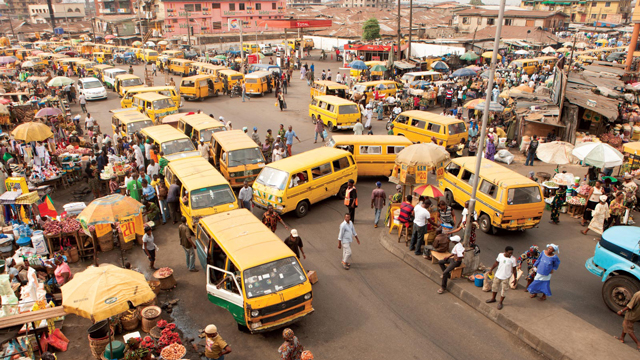
The World Bank has said that Nigeria’s economic outlook is uncertain and its ability to attract domestic and foreign investments is also crashing.
It also noted that the condition of welfare in Nigeria was worsening despite the economic recovery from recession.
The Washington-based bank said this in its draft report for State Action on Business Enabling Reforms.
“Although the Nigeria’s economy in 2021-2022 recovered from recession induced by the COVID-19 pandemic and lower oil prices, growing by 3.6 per cent in 2021 with an expected growth of 3.2 per cent in 2022, welfare has continued to deteriorate.
“The country’s economic outlook remains uncertain and threatened by many issues including the impact of the 2022 Russian invasion of Ukraine on the global economy, lower-than-expected oil production due to technical inefficiencies; heightened insecurity; higher uncertainty on policy direction arising from the upcoming February 2023 general elections; and worsening fiscal risks related to the PMS subsidy deductions,” the report read in part.
The global lender stressed the need to catalyse private investment in order to boost growth and create jobs, noting that this type of investment was declining in the country.
“Besides, Nigeria’s ability to attract domestic and foreign investment is low and declining compared to its peers. Private sector investment’s contribution to growth has declined as a consequence of macroeconomic and financial policies that constrain exports and foreign investment,” it stated.
The World Bank further emphasised the need for a more flexible and transparent foreign exchange management regime, accelerated revenue-based fiscal consolidation, strengthened expenditure and debt management and improved business-enabling environment.